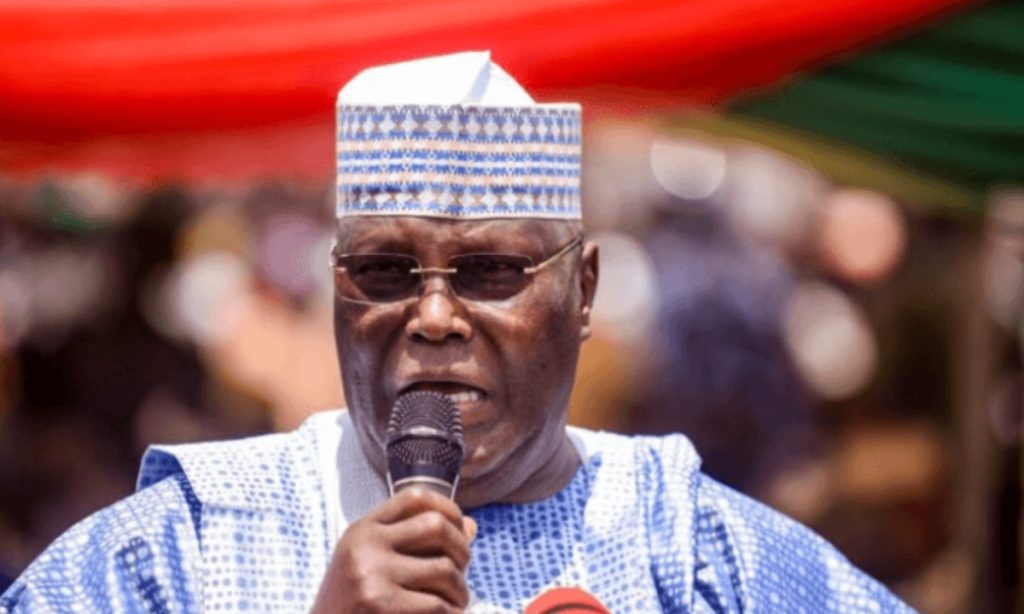The recent decrease in the retail price of cooking gas in Nigeria can be attributed to the fall in product prices on the international market, according to Mr. Nuhu Yakubu, the President of the Nigeria Liquefied Petroleum Gas Association (NLPGA). In an interview in Lagos, Yakubu stated that the price of Liquefied Petroleum Gas (LPG) dropped as the international reference price in USD decreased, while the Naira exchange rate remained relatively stable.
Yakubu explained that the reduction in international prices consequently led to a ripple effect, resulting in local retail pump price reductions. Currently, the average price of LPG in Nigeria is about N730 per kilogram or N417 per litre, depending on the location. He emphasized that LPG pricing is determined by market dynamics and the government’s role is limited to levying taxes on the product.
Mr. Oladapo Olatunbosun, the President of the Nigerian Association of Liquefied Petroleum Gas Marketers (NALPGAM), also commended the reduction in the price of LPG. He stated that the association is closely monitoring the market price decline and believes it will continue in the foreseeable future. However, Olatunbosun added that comprehensive assessments and recommendations will be made after the formation of a new government cabinet.
The cost of cooking gas in the retail market has decreased by 15 percent with refilling a 12.5kg cylinder of LPG now ranging between 12 percent and 10 percent lower than in April and May. The decline in prices can be attributed to lower crude oil prices and a decrease in international gas prices. This has brought relief to cash-strapped households, who have been grappling with the high cost of cooking gas since the beginning of the year, compounded by the removal of fuel subsidies.
Industry insiders, such as Mr. Chinedu Okonkwo, a gas retailer in Lagos, highlighted that the price of LPG is influenced by international factors as approximately 65 percent of domestic gas is imported. As the prices of imported gas decline, the local market reflects this trend. Okonkwo mentioned that the international benchmark for gas prices, known as Mont Belvieu, has been consistently decreasing over the past few months. Mont Belvieu, located in the United States, is home to the largest underground storage facility for liquefied petroleum gas.
According to Mr. Francis Evans, the Managing Director of Floppy Oil and Gas, crude oil prices greatly impact domestic LPG prices in the international market. When the price of crude oil rises, LPG prices tend to follow suit. Additionally, the currency exchange rate plays a role, as importers require dollars to bring in LPG. The increased cost of local and international shipping, as well as the surge in demand during cold winters, are factors that contribute to the price of LPG.
Evans also mentioned that the United States and Argentina are major suppliers of gas to Nigeria. However, the ongoing conflict between Russia and Ukraine, which began in February of last year, led to a surge in gas prices in these countries, particularly in the United States. Fortunately, gas prices have recently been on a downward trend.



